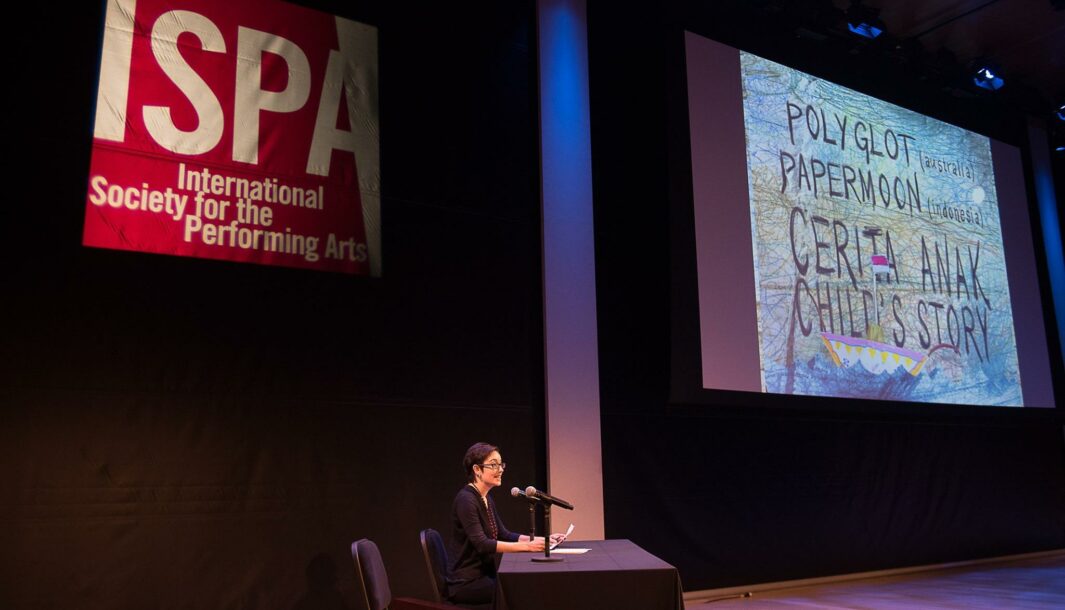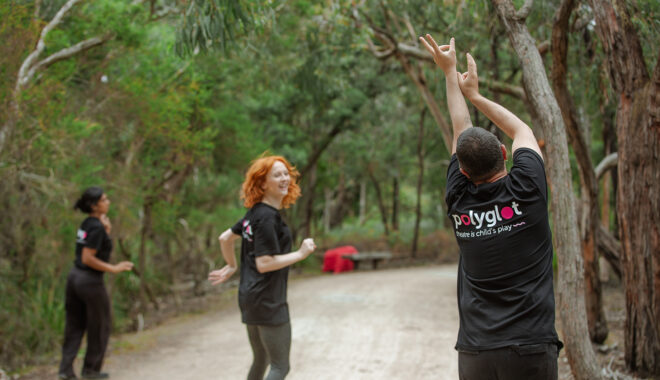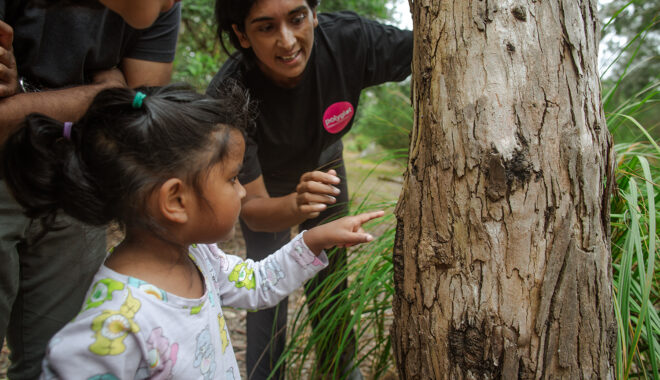20 Aug 2018
“It’s such a privilege to travel the world working for Polyglot”

Written by Viv Rosman, Polyglot Theatre Executive Director and co-CEO
“Under the umbrella of JanArtsNYC, over 45,000 arts professionals head to New York every year to participate in events ranging from arts festivals like Under the Rader, COIL and American Realness, to conferences and showcases such as ISPA and APAP. My primary destination was ISPA – the International Society for the Performing Arts Congress. I’m one of five recipients of what is surely the most exciting professional development opportunity for Australian arts leaders – I have a three year fellowship to attend ISPA, thanks to the Australia Council for the Arts.
The ISPA Congress is unlike many of the national and international events I attend regularly where the focus is strongly transactional – producers and presenters from around the world meet in order to buy and sell performing arts content. At ISPA, the focus instead is on relationship-building and the exchange of ideas. Of course business gets done too, but this is considered a bonus. The emphasis on relationships frames my participation in an entirely different way, and as a result, my sense of development and achievement here, personally and for Polyglot, is much more multi-faceted.
This was my second year attending the NYC Congress as a Fellow. The first day of the Congress is just for the Fellows – this year we were a gathering of over 60 people from countries including Cambodia, Denmark, Zimbabwe and China. There were familiar faces and many new ones, and we spent the day hearing about each other’s projects and passions, and learning about the wildly varying artistic and political contexts in each other’s countries. It’s always one of the best parts of the week.
Whether art can change the world is a preoccupation of many who work in our field and a common question posed at gatherings like this. On Day 1, our cohort formulated the question: what is our role as arts workers to drive social change beyond the arts?” This became our lens for the Congress, and I found myself looking for evidence of impact in every presentation. Our diverse group of Fellows seemed united around a sense of purpose – a sense that while our work may not be changing the world, we know that it changes our communities for the better and has a transformative impact on individuals.
The Fellows are part of ISPA’s ambitious and visible agenda for change as it attempts to transform its membership into one which is younger and more culturally diverse. It’s refreshing to see this agenda placed so visibly onto every part of the Congress. The Fellows are welcomed, championed, and encouraged to speak up. At times, this makes for a feisty dynamic. The politics of representation dominates every discussion. Whose voices are missing? What are the barriers to access and participation – in the Congress, the arts, the world? It feels like our collective tolerance for reinforcing traditional power dynamics is at an all-time low, encouraged by the #MeToo movement and the bursting floodgates of women’s demands for genuine equality.
One of the highlights of each ISPA Congress is the Pitch New Works session – the only session that’s purely about the art. After a competitive selection process, 10 productions from around the world are given seven precious minutes to present to the delegates. I was thrilled that Cerita Anak (Child’s Story), Polyglot’s co-production with Indonesia’s Papermoon Puppet Theatre was selected to pitch. It’s an incredible honour to have this opportunity – it was the only Australian work and the only work for young audiences, and the Who’s Who of the international arts community was going to be in the audience. The pressure was on!
After endless re-writes, I finally got my presentation down to the correct length, and after an early morning tech session, it was time. Seven minutes hurtled by, and after a few questions from the audience, it was over. At the end of the pitches, all the presenters were set up at tables to talk with anyone interested to know more. I spent two hours talking non-stop – it seemed the pitch was incredibly well received and people loved the look of the production. We busily exchanged business cards and talked excitedly about the possibilities – in Turkey, Germany, Brazil, Japan and more!
I left New York this year feeling like the international network I’ve built over the last 2 and half years has consolidated strongly. It’s such a privilege to travel the world working for Polyglot, despite the challenges of bomb cyclones, airplane food and jet-lag! The travel is made even more meaningful by regularly seeing the familiar faces of international friends and colleagues, whether in New York, Shanghai, Seoul or in Australia. Being at ISPA magnifies these relationships – with a focus on connection and discussion, it confirms that they are genuine, based on respect and curiosity, and far-reaching. I’m looking forward to welcoming many overseas friends to Brisbane in a few weeks for the Australian Performing Arts Market, where we’ll no doubt sweat up a storm in the Queensland humidity and reminisce fondly about winter in New York.”
Photograph courtesy of International Society for the Performing Arts
- Polyglot Theatre Admin
New York City







